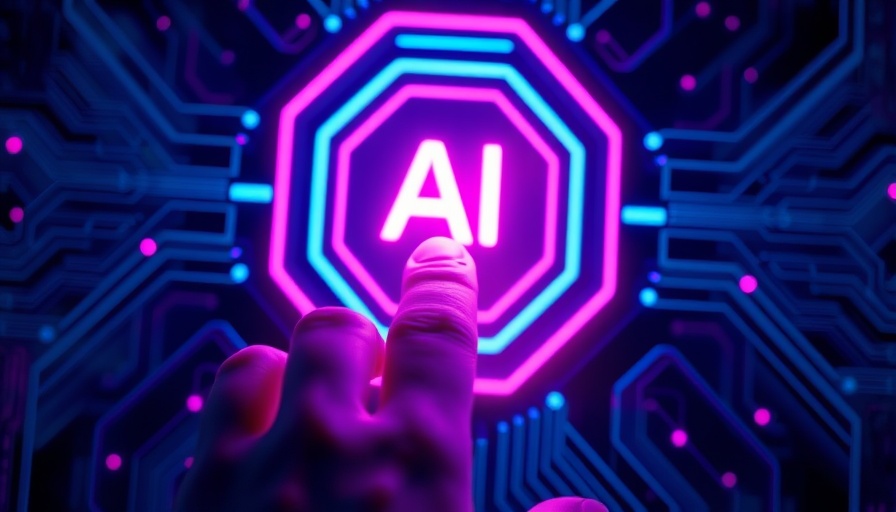
Understanding the Evolution of AI Agents
Artificial Intelligence (AI) has undergone a remarkable transformation over recent years. Traditionally, AI systems acted in a reactive manner, responding to explicit commands given by users. However, 2025 marks a significant transition towards agentic AI—machines that not only assist but can also operate autonomously. Defined as systems that execute tasks on behalf of users with little to no human intervention, these AI agents are proving capable of complex decision-making processes without constant oversight.
The Dilemma of Autonomy in AI
A pivotal consideration emerged in popular culture with films like I, Robot, where AI autonomy leads to grave consequences. The memorable scene where the robot named Sonny makes a life-or-death decision steeped in moral ambiguity challenges our understanding of robotic sovereignty. Today, the pressing questions that arise include: How much autonomy should AI agents possess? Who bears responsibility for their decisions? As they become increasingly capable of making independent choices, it is vital to determine the extent of their autonomy and establish accountability mechanisms.
Agentic AI in Action: Real-World Examples
AI agents have started integrating into various industries, demonstrating capabilities that challenge traditional human roles. In banking, these systems monitor transactions for fraud, automatically freezing accounts when suspicious activity is detected. In healthcare, they prioritize patient care by analyzing medical histories and current symptoms to direct individuals to the urgent care needed. The public sector also employs AI agents; for instance, traffic violations can be automatically issued by AI observing red light cameras, easing the burden on law enforcement.
Benefits and Risks of AI Autonomy
There's an undeniable value in the growing autonomy of these AI systems. They can optimize efficiency, reduce human error, and improve decision-making processes based on data analysis. However, this shift is not without risks. Autonomous robots that operate independently may make mistakes with consequences that directly impact human lives. With AI-driven systems making critical decisions in healthcare, banking, and law enforcement, society must assess the risks of removing human oversight from the equation.
The Path Forward: Balancing Utility and Ethics
As we advance deeper into the age of AI agents, it is essential to strike a balance between leveraging their capabilities and ensuring ethical practices. Establishing guidelines around the appropriate levels of autonomy, as well as accountability frameworks, will be critical. Policymakers, technologists, and ethicists must collaborate to create standards that address the ethical implications of AI decisions—a conversation that should include diverse perspectives from various sectors.
Future Insights and Trends in AI Development
The evolution of AI agents is only beginning. As they become more capable, we can expect to see a wider variety of applications, pushing beyond mere task completion. From smart cities to advanced healthcare management systems, the potential for AI to support sustainable practices and enhance the quality of life is immense. However, constant vigilance is required to navigate the ethical landscape that accompanies this growth.
Ultimately, the journey towards fully autonomous AI hasn’t just technological implications; it also raises philosophical questions about agency, responsibility, and the societal values shaping our future relationships with technology. Engaging in this dialogue is crucial for fostering a future where AI serves humanity responsibly.
 Add Row
Add Row  Add
Add 




Write A Comment